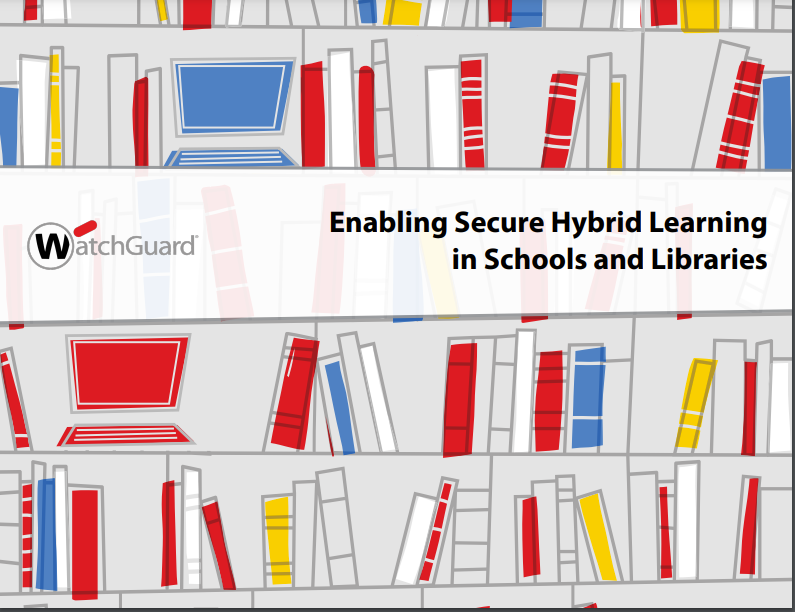20 Universities targeted by “Shadow Academy” hackers
Hackers identified after the discovery of a fake Louisiana State University student portal


Louisiana State University (LSU) and 19 other universities worldwide have fallen victim to a spate of phishing campaigns that could be related to attacks carried out by an Iranian-based company on U.S. agencies, universities, and businesses.
According to a report by cybersecurity firm RiskIQ, the attacks took place between July and October this year and uncovered 20 unique targets in Australia, Afghanistan, the UK, and the US. The attacks “used similar tactics, techniques, and procedures (TTPs) as Mabna Institute,” an Iranian company the FBI says was created for illegally gaining access "to non-Iranian scientific resources through computer intrusions."
Mabna, also known as "Silent Librarian,” tried to compromise university students and faculty and harvest credentials by impersonating university library resources via domain shadowing. However, RiskIQ did not find enough evidence to link the campaigns to Mabna, so it decided to name hackers identified during this research as "Shadow Academy."
The first target identified from RiskIQ crawl data was an LSU-themed student portal login page. According to researchers, it became clear that threat actors were leveraging domain shadowing, the same technique Silent Librarian used.
In addition to LSU, the attacks targeted 14 other US educational institutions. These include University of Arizona, Southeastern Louisiana University, University of Massachusetts Amherst, Manhattan College, Rochester Institute of Technology, Bowling Green State University, Wright State University, Texas State University, University of North Texas, Abilene Christian University, The Evergreen State College, Western Washington University and the University of Washington.
Of the universities targeted, 37% saw phishing campaigns impersonating libraries, 63% saw campaigns dressed up as student portals, and 11% were financial aid-themed attacks.
The attacks initially focused on stealing domain account credentials. They then register unauthorized subdomains to point traffic to malicious servers or, in this case, create phishing pages.
Get the ITPro daily newsletter
Sign up today and you will receive a free copy of our Future Focus 2025 report - the leading guidance on AI, cybersecurity and other IT challenges as per 700+ senior executives
“These subdomains are challenging to detect because they are associated with well-known domains, often don't follow any discernible pattern, and don't affect the parent domain or anything hosted on that domain,” said researchers.
Researchers suggested the hackers timed the development of malicious infrastructure to take advantage of the first few days of class, which can be a chaotic time that overwhelms IT staff.
“However, having access to the infrastructure that comprises the web helps analysts note similarities between threat campaigns are observable behavior by threat actors to track them to identify and investigate threats during heightened periods of attacker activity,” researchers said.
Rene Millman is a freelance writer and broadcaster who covers cybersecurity, AI, IoT, and the cloud. He also works as a contributing analyst at GigaOm and has previously worked as an analyst for Gartner covering the infrastructure market. He has made numerous television appearances to give his views and expertise on technology trends and companies that affect and shape our lives. You can follow Rene Millman on Twitter.
-
 Bigger salaries, more burnout: Is the CISO role in crisis?
Bigger salaries, more burnout: Is the CISO role in crisis?In-depth CISOs are more stressed than ever before – but why is this and what can be done?
By Kate O'Flaherty Published
-
 Cheap cyber crime kits can be bought on the dark web for less than $25
Cheap cyber crime kits can be bought on the dark web for less than $25News Research from NordVPN shows phishing kits are now widely available on the dark web and via messaging apps like Telegram, and are often selling for less than $25.
By Emma Woollacott Published
-
 University of Manchester admits cyber incident "likely" led to data theft
University of Manchester admits cyber incident "likely" led to data theftNews The university said it is working with relevant authorities as part of its investigation
By Ross Kelly Published
-
 Enabling secure hybrid learning
Enabling secure hybrid learningWhitepaper Cyber security in Higher Education
By ITPro Published
-
 Enabling secure hybrid learning in schools
Enabling secure hybrid learning in schoolsWhitepaper The importance of creating security awareness among key players
By ITPro Published
-
 What’s next for the education sector?
What’s next for the education sector?Whitepaper A new learning experience
By ITPro Published
-
 Hackers are targeting the education sector
Hackers are targeting the education sectorNews The health care industry isn’t the only one falling prey to hackers during the coronavirus pandemic
By Sarah Brennan Published
-
 De Montfort University launches a week of cyber security events
De Montfort University launches a week of cyber security eventsNews DMU students will be able to gain practical experience from industry experts
By Adam Shepherd Published